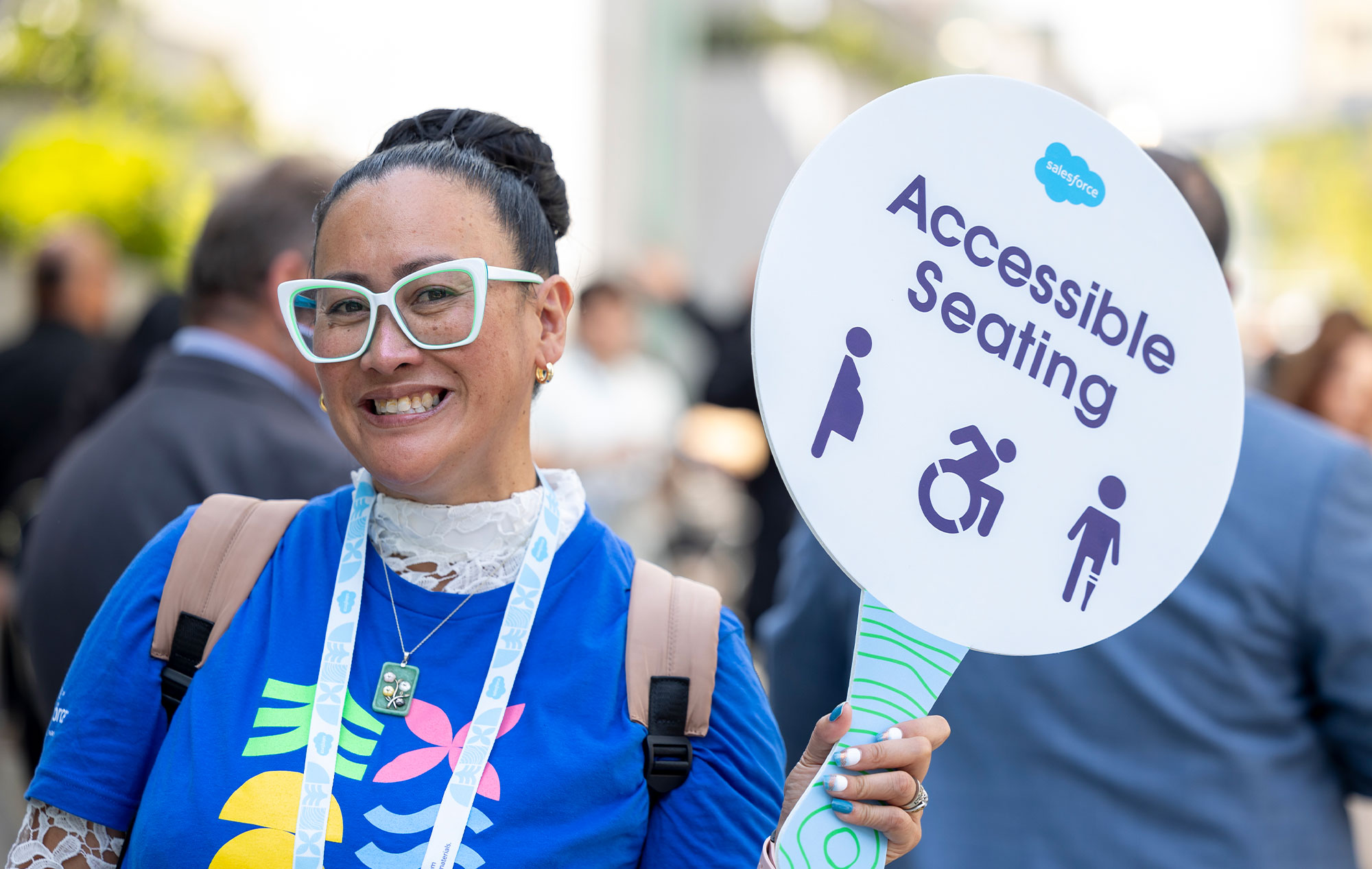Civil rights attorney Lainey Feingold’s accessibility advocacy work started with what she thought would be a four-month position with a disability rights organization.
Four months turned into four years, during which Feingold witnessed firsthand the technology issues that blind people face.
The Centers for Disease Control and Prevention (CDC) estimates that 1 million Americans are blind, but a study by Nucleus Research found that 70 percent of websites are inaccessible to people using screen readers. This effectively denies the blind community access to the same information and resources available to their sighted counterparts.
Feingold, a public speaker and the author of “Structured Negotiation: A Winning Alternative to Lawsuits,” is perhaps best known for her successful use of Structured Negotiation to improve digital accessibility for disabled people. With this dispute-resolution method, parties reach an agreement without a lawsuit.
“I’m a strong believer in collaboration because I think disabled people need to be kept front and center in accessibility conversations and the traditional litigation structure really tends to force people into certain roles,” says Feingold. “The disabled person becomes ‘the plaintiff,’ and when you’re ‘the plaintiff,’ the company, the school, the government, don’t really want to listen to you because you’re fighting with them.”
Feingold used this approach to reach settlements with various public and private entities, including Bank of America, Walmart, CVS, Anthem, Weight Watchers, the City and County of San Francisco, Houston's Metropolitan Transit Authority, and Massachusetts General Hospital, among others. However, despite using this approach for nearly 26 years, it’s her negotiations with Major League Baseball that stands out.
“We had one phone call with blind baseball fans and Major League Baseball leadership,” says Feingold. “The fans got to describe what it was like to not be able to access all the great information on the Major League Baseball website, and the Major League Baseball people were like ‘Wow, we didn’t really know about blind baseball fans.’ So that led to an agreement that fixed the website of Major League Baseball, as well as all the team websites, as well as the mobile app.”
In recognition of her accomplishments, Feingold was selected as an American Bar Association Legal Rebel in 2017 and received a California Lawyer Attorney of the Year (CLAY) Award in 2000 and 2014.
Feingold’s has helped make major strides toward digital accessibility, but obstacles remain.
“We’re...seeing this flourishing of overlays, false promises, and quick-fix solutions,” says Feingold. “We just need to emphasize the ethics of accessibility and really try to put a stop to people promising something that can’t be delivered and turning accessibility into a money-making operation instead of a civil rights driver.”
However, there’s still cause for optimism.
“I do think there is a trend for including more...disabled people in general into the accessibility process,” says Feingold. “There’s more of an understanding that accessibility is an innovator. You can see, for example, Google did their ad at the Oscars for captioning; Microsoft did an ad at the Super Bowl for their accessible gaming controller.”
While improving accessibility can benefit businesses financially, it’s essential not to overlook the people most affected.
“My hope is that we are able to keep the focus on disabled people and the civil rights aspect, the usability aspect, the people aspect of what accessibility is about,” says Feingold.
To learn more, follow Lainey Feingold on Twitter @LFLegal, visit her website, and read “Structured Negotiation: A Winning Alternative to Lawsuits.”






Leave a Comment